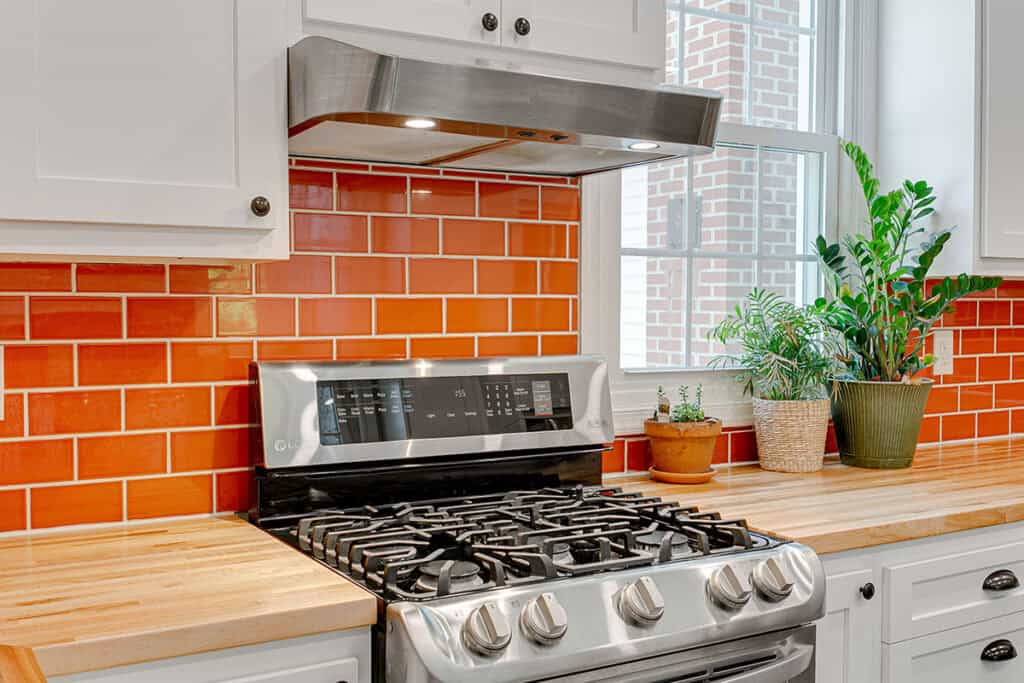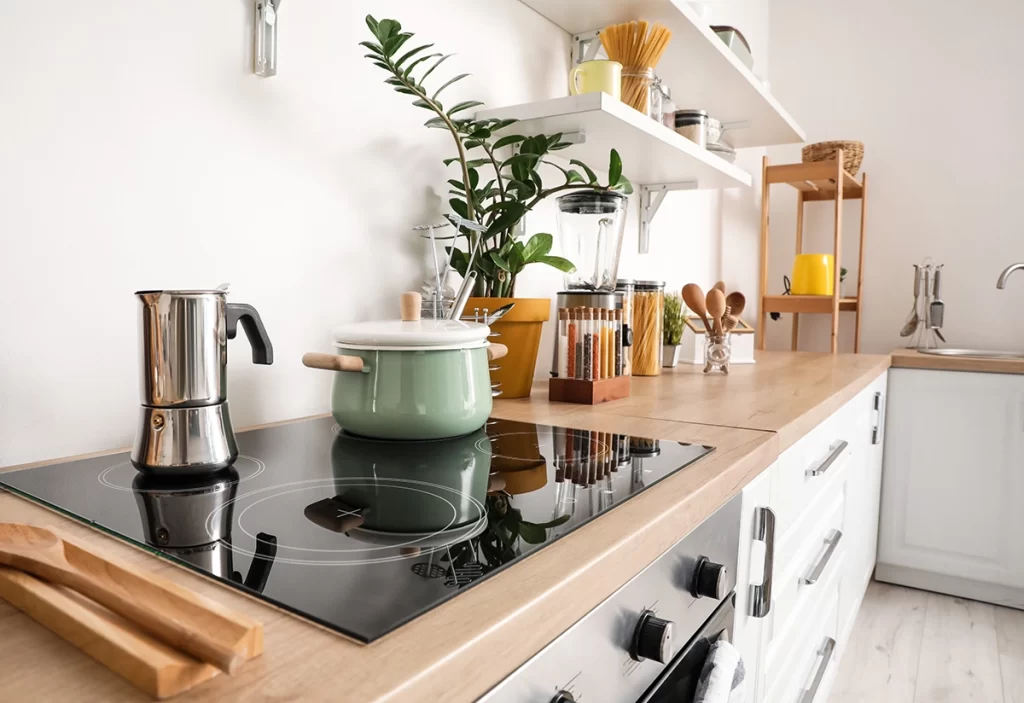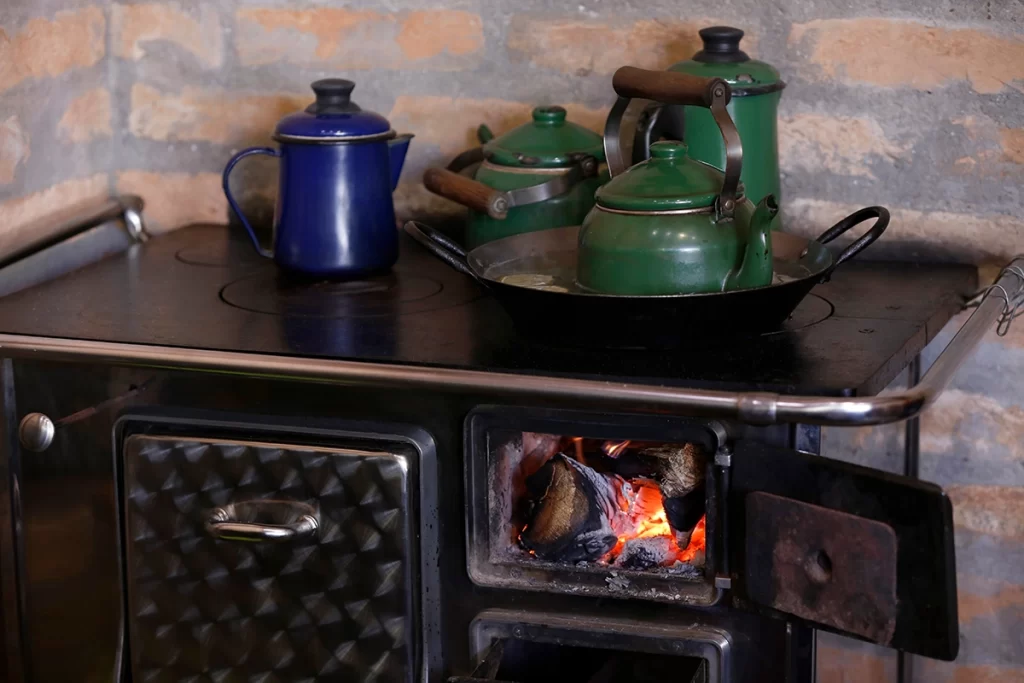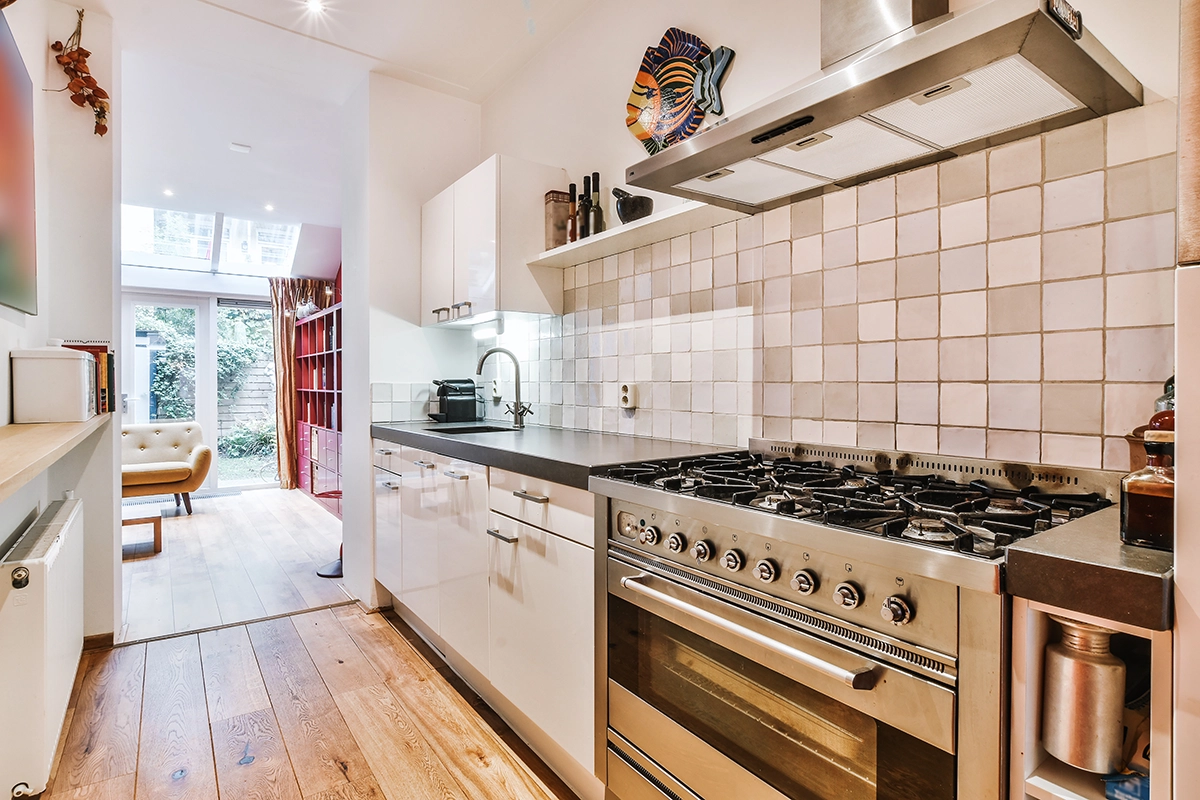Gas vs Electric Stove: The Sizzling Stovetop Showdown
The battle lines have been drawn in the kitchen. In one corner, we have the gas stove – that classic, flame-breathing beast that chefs have sworn by for decades. In the other corner, is the electric stove – the sleek, modern appliance that promises precision and ease. Which one reigns supreme? Let’s take a closer look at this cooktop clash.
For home cooks and professional chefs alike, the debate between gas and electric stoves is a heated one. These popular cooking appliances have unique characteristics that can significantly impact the preparation of dishes. Gas stoves have been a staple in residential kitchens for over a century, fueled by natural gas lines that allow an open flame to provide direct heat. Electric stoves emerged later, heating a smooth cooktop surface through powered electric coils under a ceramic glass top. As these two stovetop technologies evolved, each developed distinct advantages and drawbacks in terms of cooking performance, energy use, maintenance requirements, and installation factors.

Gas Stoves: Bringing the Heat
There’s just something primal about cooking over an open flame. Gas stoves allow you to control the temperature with the simplest turn of a knob, making them ideal for delicate dishes that require precise heat adjustments. From searing steaks to simmering sauces, you can master that beautiful char or achieve the perfect slow cook.
Plus, who doesn’t love the satisfying “whoomph” when you ignite the burners? It’s like having a mini flamethrower in your kitchen (but way safer, we promise).
Bakers tend to favor gas ovens too, as the moisture from the flames can prevent baked goods from drying out. Your sourdough loaves and fudgy brownies will emerge with that coveted, just-out-of-the-oven quality.

Electric Stoves: Powerful and Precise
Don’t count out Team Electric just yet! These cool customers may lack those dancing flames, but they make up for it with even, consistent heating. No more adjusting your pan’s position to avoid hot spots – electric stoves distribute heat evenly across their surface. Cooking will be a well-choreographed dance rather than a frantic juggling act.
Electric ovens are lauded for their accuracy too. Thanks to their digital temperature controls, you can hit that perfect 350°F every single time. No more guesswork or disappointing sunken cakes!
The Pros and Cons
Of course, both stoves have their pros and cons beyond the cooking capabilities. Gas stoves have those pesky grates to clean, with all their nooks and crannies collecting spills and splatters. Electric stoves, on the other hand, offer a smooth surface that’s a breeze to wipe down.
In terms of energy use, gas is usually cheaper than an electric stove. However, electric stovers are better for the environment. It’s a complex weighing of personal finances and global impact.
There’s also the question of installation and availability. Gas stoves require a natural gas hookup, which can be pricey if you don’t have an existing line. Electric stoves are pretty much plug-and-play.

The Cooktop Cousins
Of course, we can’t forget the other cooktop contenders in this heated battle royale:
Induction Cooktops: The high-tech half-sister that uses electromagnetic energy to heat food with impressive speed and precision.
Rangetop Stoves: The burly big brother with its signature grill grates and beefy BTU output. Perfect for searing, but not so great for baking.
Vintage Woodburners: Yes, they do still exist, and if you’re into chopping wood they cook quite well.
The Verdict
At the end of the day, there’s no clear winner. It all comes down to your personal cooking style, preferences, and living situation. But one thing’s for sure – with these modern marvels at your disposal, you’re bound to create kitchen magic no matter which team you choose.
So grab your apron, preheat your oven, and may the best stove win!
In Conclusion, Gas vs Electric Stove
In conclusion, the gas vs electric stove debate ultimately comes down to the specific needs of the home cook or chef. Gas stoves provide a responsive flame-powered heating ideal for high-heat cooking techniques like searing meat or stir-frying while allowing moisture from the flame to prevent baked goods from drying out. However, electric stoves offer even heat distribution, precision temperature control via digital displays, and a smooth cooking surface that is easier to clean. Additional factors like energy costs, eco-friendliness, and installation requirements must be weighed as well. With the variety of cooktop options available today, there is a stove suited for any culinary skill level or cooking style preference

Join us on Facebook at Sherry Kay Cooks!
